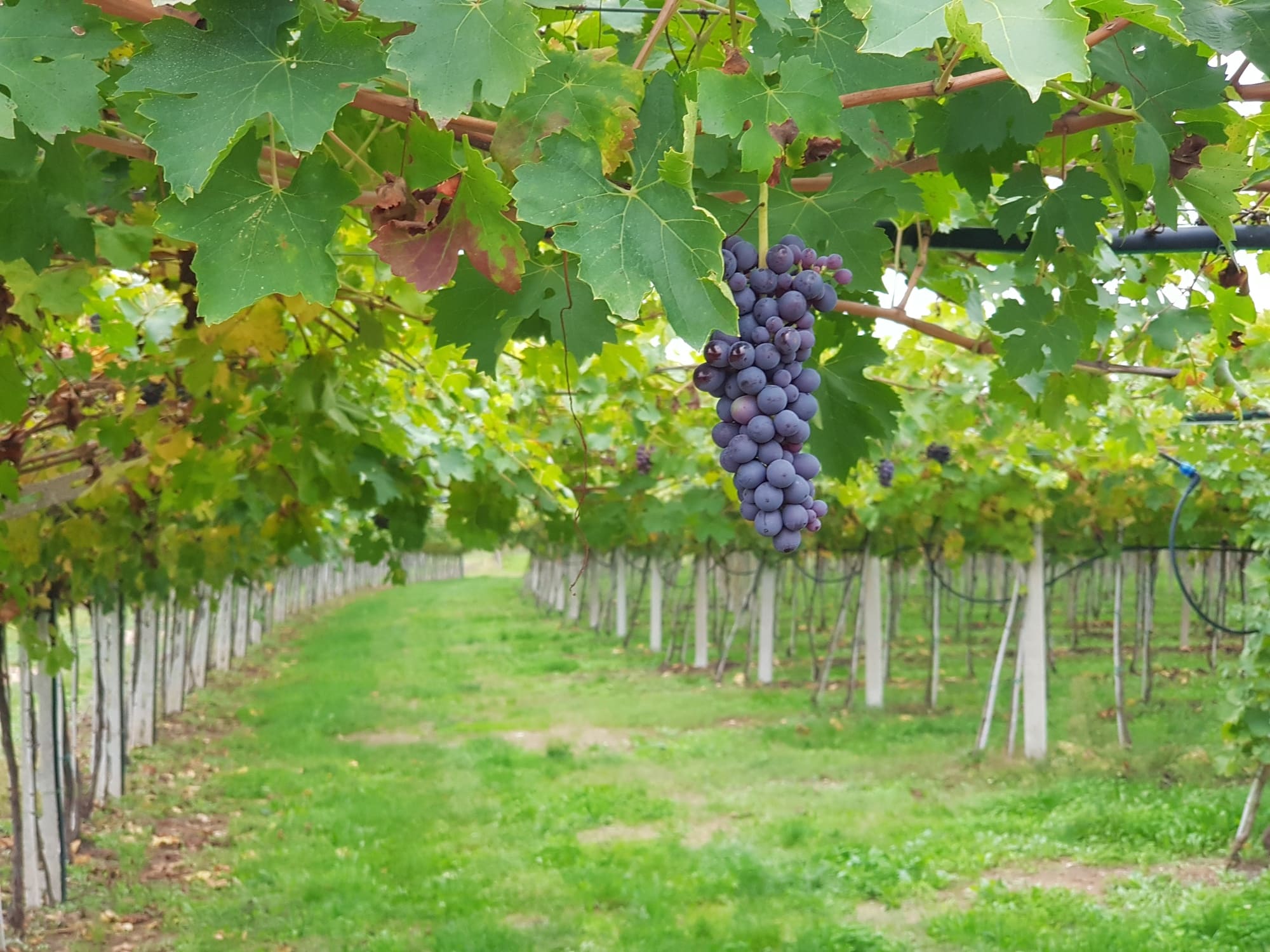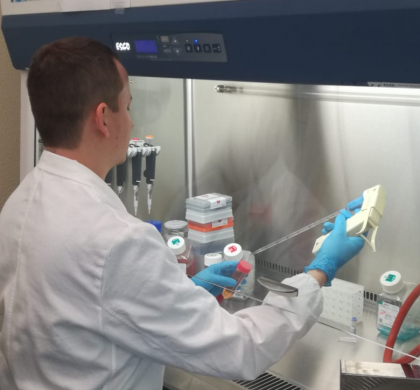 INVITE Blog / INVITE scientific achievements
INVITE Blog / INVITE scientific achievements
The series dedicated to the scientific achievements by our INVITE fellows continues. Samaneh Najafi tells us how climate change is impacting on wine production.
Without pure wine I cannot exist, Without the elixir of grape, I cannot persist. I am captive to the moment when the cup-bearer says, "Have another cup," and I am content to resist. Omar Khayyam
Climate change has a strong impact on wine
Climate change is rapidly altering wine as we know it, temperature is the most influential factor in the overall growth and productivity of wine grapes.
Recently it has been proven that global warming causes early onset of berry ripening, which could modify the physiological characteristics of the grape, its final quality, and consequently the quality and flavour of the wine produced.
Since Italy is home to hundreds of native grape varieties, more than any other country, and is one of the leading producers of wine, therefore it is necessary to find an applicable solution against climate change.
Wine grapes are extremely sensitive to climate, and this is much of what makes wine so exquisite. Apart from the economic side of wine, wine is a product that brings people a lot of joy, which is why I believe it has a responsibility to engage people in an environmental conversation and to help communicate a low-carbon future.
Using CRISPR/Cas to prevent undesirable effects
During my Ph.D., I worked on Grapevine (Vitis vinifera L.) biotechnology, a challenging and interesting topic in the field of agriculture. Grapevine is considered to be one of the major fruit crops in the world based on hectares cultivated and economic value.
In my project, by using the modern technology, CRISPR/Cas, I have set up the platform to prevent undesirable effects of climate changes on grapevine berry ripening. Thanks to my supervisor with her gaudiness and motivation, I could carry out my ideas and unblock the bottleneck in my research through the state-of-the-art and powerful gene editing technology.
Conferences, YouTube and much more
During my project I had the opportunity to have tutoring activities and help my group to hold a workshop, I also participated in a lot of seminars, workshops and winter school held by the university.
I participated in the 63rd SIGA Annual Congress “Science and innovation for sustainable agriculture intensification: the contribution of plant genetics and breeding (Naples on 10-13 September 2019) and I have been awarded the best poster presentation. I could also present my work at the International Symposium on Grapevine Physiology and Biotechnology in 2021 in South Africa.
I have explained how and why we use CRISPR in our research in the form of a short YouTube video.
Recently I have submitted the results of my project in a prestigious journal. I am working on the other paper which will be submitted soon.
International mobility is a key factor for the career
Cross-country mobility was important to me. Various cultures, personalities, and geographies uniquely enrich research and training while ensuring professional advancement and work satisfaction.
Italy is an amazingly hospitable and friendly home to me, people are very friendly, nice, and supportive, and the whole country is full of outstanding natural landscapes, cultural treasures, and especially fantastic food. In addition, I could complete my Ph.D. project by moving to the Imperial College London in the United Kingdom.
This enabled me to extend my networking with other universities.
Recommended Posts

Rafiqul Islam: Managing water crisis and women empowerment go together
23 Jun 2022 - INVITE Blog, INVITE scientific achievements





